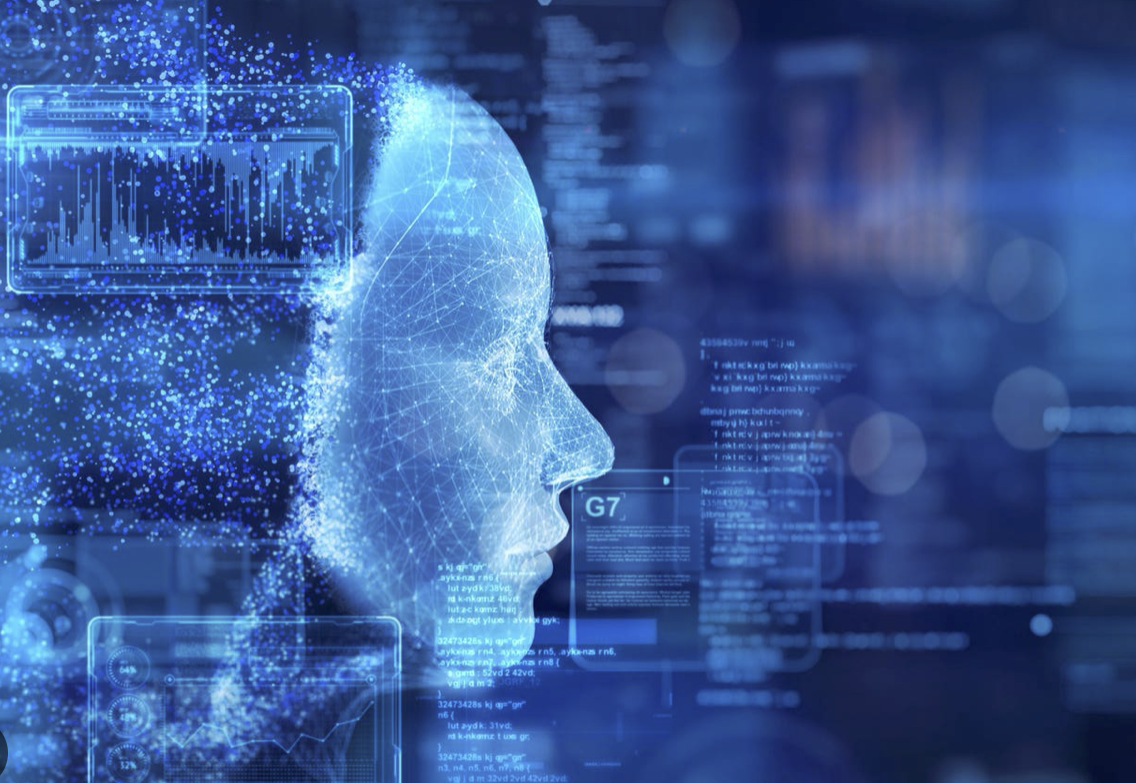AI, or Artificial Intelligence, is a fascinating field of technology that focuses on creating computer systems that can perform tasks that typically require human intelligence. These intelligent machines are designed to learn, reason, and make decisions, making them invaluable in various industries, from healthcare to transportation.
AI can help both students and teachers alike: it helps students write an essay or fix an error in their writing, or it aids teachers in marking student’s work or sending emails to students and their parents – think negative and positive comments. Some AIs can even learn from a user’s searches and interests and design things specifically for the user to enjoy – algorithms that learn from their user’s inputs and give them videos or ads that match the user’s interests. Some AI, like the Google search engine, try to guess what the user is going to type next.
Other types of Artificial Intelligence have gotten extremely advanced over the years, like some that has speech recognition. This kind of AI can learn different tones of people’s voices and turn it into text – although it doesn’t always work correctly due to different dialects, accents and such. Some AIs are always listening to you, like a phone, and it waits for you to say a codeword that activates it. For example, Siri can be activated by saying, “Hey, Siri,” and Google Assistant can be activated by saying, “Hey, Google,”
Some advanced AI can even copy human voices – which is terrifying. It works by feeding large amounts of voice data – the voice you want the AI to mimic – to a program. Then the AI can generate speech that sounds almost identical to the voice that it had been trained on. Some developers have even managed to advance AI so much that they have personalities, which make the AI think it’s a human – and it even speaks like one!
While AI has the potential to enhance our lives, it is essential to ensure that it is used responsibly, with a focus on transparency, privacy, and fairness. Additionally, it is very difficult to tell if a person is using AI or not – in fact, the first paragraph of this issue was written almost entirely by an AI! Would you have been able to tell? With the growth of voice synthesis AI, it’ll get harder to know if the voice you’re speaking to on the phone is a human or an AI – just an eerie thing to think about. The robot uprising is soon, I’m telling you!


